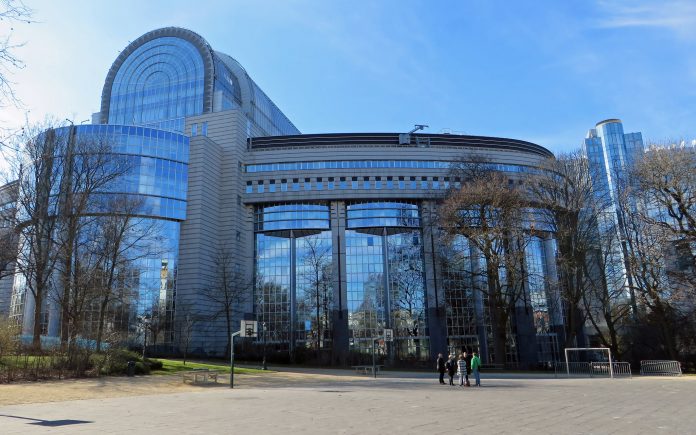On 10 December, International Human Rights Day, Maria Arena, the Chair of the European Parliament’s Subcommittee on Human Rights, stated:
“Today marks the day 73 years ago when the Universal Declaration of Human Rights was signed in 1948, a historical milestone that remains as more important as ever. As the challenges to human rights and rule of law multiply around the world, the EU, its Member States and its institutions must increase their efforts to defend the universality and indivisibility of human rights, both individually and in cooperation with like-minded international partners. It is vital to remember that when states are obligated under international human rights law to protect human rights, businesses must also respect human rights and address any adverse effects that they have directly or indirectly caused. Some of the EU’s largest and most well-known companies have regrettably contributed to human rights violations and environmental harm in countries across the world, and have failed to address abuses perpetuated by subsidiaries or business partners in their global supply chains. This strongly undermines the EU’s image as the global front-runner in defending and promoting human rights. The European Union’s toolbox includes state-to-state instruments (like the GSP) and the EU is currently developing a number of pieces of legislation that establish binding rules for business enterprises. If the EU wants to become a global leader in standard setting in the area of human rights and business, it needs to establish clear and binding rules, which contribute towards achieving better policy coherence with human rights, as it is bound to do by EU law.”
On Friday morning, MEPs on the Subcommittee on Human Rights also debated two new legislative proposals linked to the EU’s ambition as a global leader and standard setter on responsible business conduct and business and human rights.

